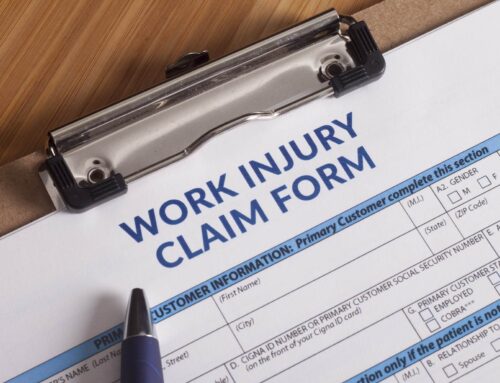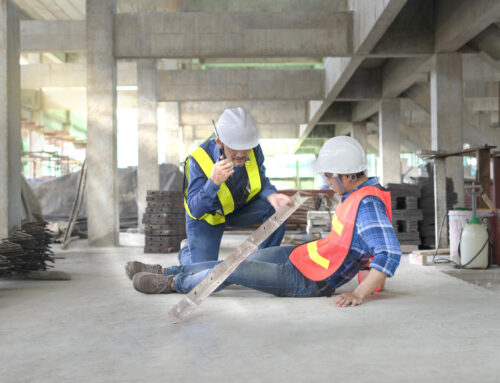On the morning of June 9, 2010, Walesca Benvenutti—a bus driver employed by Scholastic Bus Company—was sweeping her bus after bringing the students to school. She was required under the terms of her position to clean the interior of the bus and inspect the seat belts after every run, both morning and evening. But Scholastic permitted Benvenutti to do so even off-premises.
And that’s exactly what she was doing on that day.
Instead of returning to the school, Benvenutti drove the bus to her home and parked out front. Then, before exiting, she began her cleanup duties. As she walked in the aisle, she tripped over a mat near the exit of the bus and fell out. Sustaining injuries, she filed a workers’ compensation claim. Scholastic denied the claim, however, disputing the notion that her injuries occurred ‘on the job.’
But, recently ruling on the case, the Appellate Division disagreed, holding in favor of Benvenutti (affirming an earlier decision by a workers’ compensation judge).
“The definition of ‘employment,’ under the statute” wrote the court in Benvenutti v. Scholastic Bus Company, “is multi-faceted, and includes situations in which the employee is physically away from the employer’s premises but nevertheless is ‘engaged in the direct performance of duties assigned or directed by the employer.’”
As long as Benvenutti was so engaged—a standard that, the court held, was satisfied here—she could claim benefits under workers’ comp. Though obviously relevant, it didn’t matter that the injury happened off-premises. Cleaning the bus was an “integral part” of Benvenutti’s job. So, therefore, she was hurt in the direct performance of her duties.
“Courts must bear in mind that ‘the language of the [workers’ compensation statute] must be liberally construed in favor of employees.”
For the text of this case, see http://caselaw.findlaw.com/nj-superior-court-appellate-division/1627285.html.





